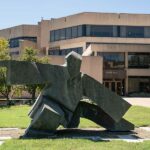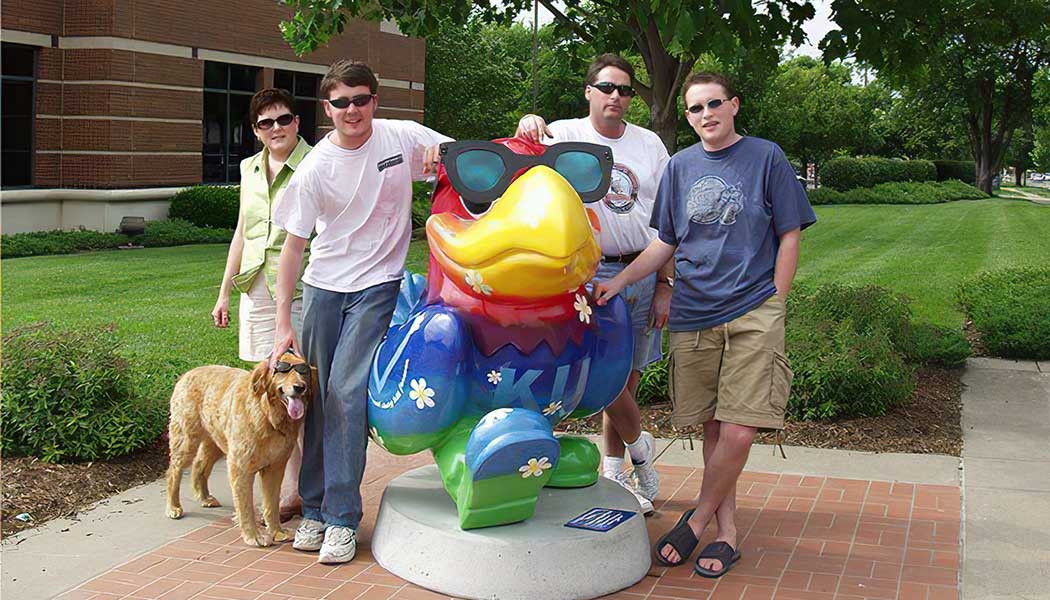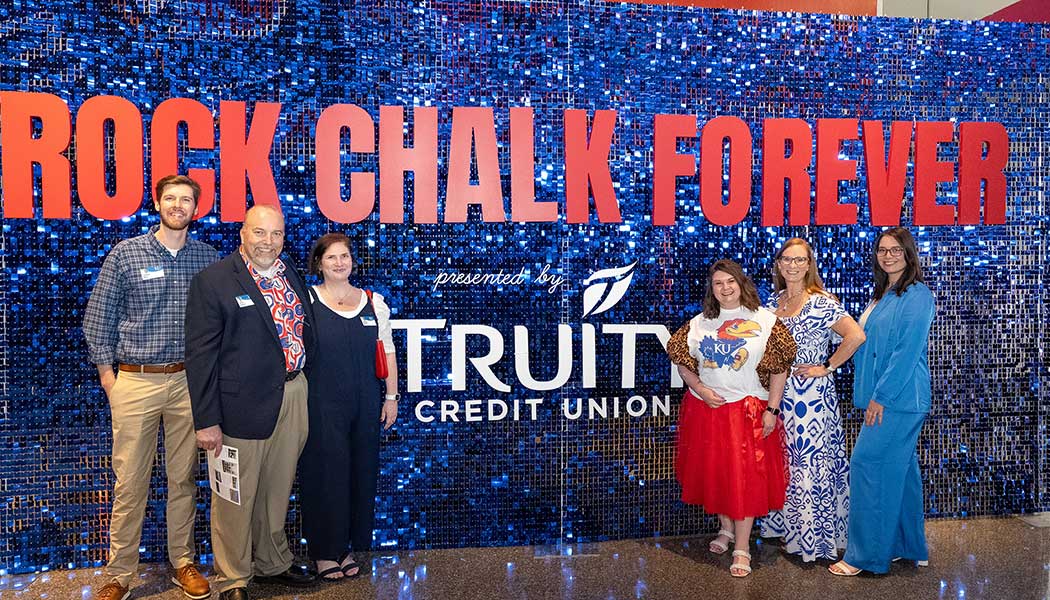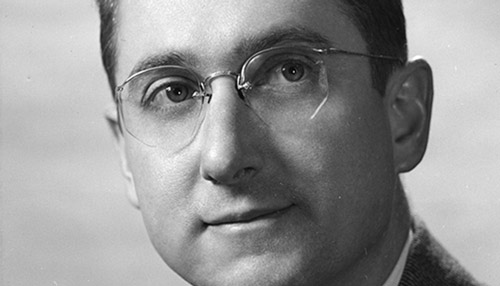Supply meets demand
KU Edwards Campus launches School of Professional Studies to meet Kansas City area workforce and student needs
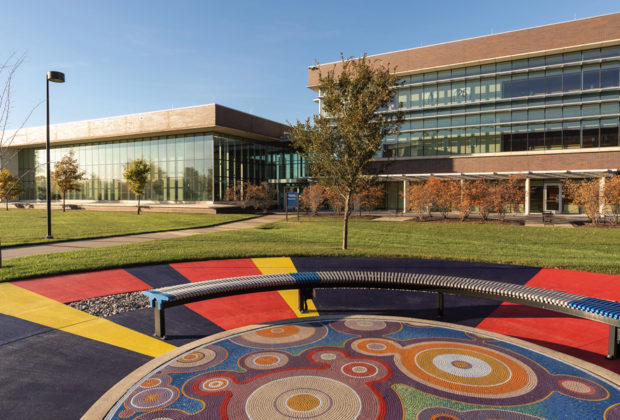
To better serve the needs of transfer and nontraditional students in the Kansas City area, the KU Edwards Campus in January launched the School of Professional Studies, which offers 25 undergraduate and graduate programs in a variety of in-demand disciplines, including:
- American Sign Language & Deaf Studies
- Biotechnology
- Communications
- Health
- Information Technology
- Professional Management
Before the Kansas Board of Regents approved the new school in December 2019, a task force of KU leaders, faculty and staff from Lawrence and Kansas City campuses met with representatives from KC Rising and Mid-America Regional Council for more than a year to study the workforce needs in the Kansas City area. In addition, KU interviewed leaders at several peer institutions that support similar professional schools and academic units, including Colorado State, Northwestern, Purdue and the University of Virginia.
“It was a really impressive, inclusive process,” says Stuart Day, who this summer became dean of the Edwards Campus and School of Professional Studies after Dave Cook, g’96, PhD’99, former vice chancellor of the Edwards Campus, was named KU’s vice chancellor of public affairs and economic development.
While many programs in the school were well-established, new ones have also been added, including a minor and certificate in nutrition, a minor and certificate in public and population health, and a certificate in advanced professional studies. The school will continue to offer its courses in online, in-person and hybrid formats to meet the needs of a diverse population of students on campus, many of whom work full time, have commitments outside of the classroom or have previous college-level credit.
That flexibility in learning structure worked to the school’s advantage when COVID-19 forced many courses online earlier this year. “It was tough to switch over, but we already had a lot of practice meeting students where they are,” Day says. “A lot of our offerings were already online. A lot of courses were already hybrid. We were very aware of the impact that had on students, faculty and staff, but in some ways, we were well positioned for the transition.”
Over the past four years, Edwards Campus enrollment has climbed nearly 40%, and the trend continued this semester, surging 12% since fall 2019 despite the pandemic. Day credits much of the growth to top-notch teaching, including full-time faculty and instructors who also have careers in various industries and professions. In addition, the Edwards Campus employs academic success coaches who guide students from day one through their educational journeys.
“From the time you sign up for your degree through graduation, you have the same coach,” Day explains. “So, there’s that consistency. Those coaches work closely with faculty, so they understand the programs. They really take the time to understand the needs of the student.”
Also critical to student success are the smaller class sizes the school offers. Randy Logan, professor of practice and director and creator of the biotechnology degree program, oversees classes that average around 20 students. “If you look at science education, small cohorts, a lot of hands-on experience, a lot of direct mentorship, a lot of open-inquiry experimental work—that’s what’s most valuable to the student.”
To prepare his students for successful transition into the workforce or into advanced study programs, Logan and fellow program co-creator and instructor Jack Treml require all students to complete independent research projects, create research proposal presentations, and participate in industry or academic internships and courses that empower them to become effective leaders and communicators in the bioscience community.
“We’ve focused our content to allow our students to be successful in agricultural health, human health and animal health, which are three giant sectors in the Kansas City area,” says Logan, c’06, g’11, PhD’14. “We’re building the foundational skills so that they’re going to be successful in all of those.”
In the months ahead, Day expects to continue to expand the school’s offerings and adapt to the changing talent needs of employers in the Greater Kansas City area and beyond. “We’re really planning to grow health and life sciences,” he says. “So many people are thinking about the science behind COVID, for example, that that interest is heightened. We really see a demand for any area where students feel they can make a positive impact on society.”
RELATED ARTICLES
/

